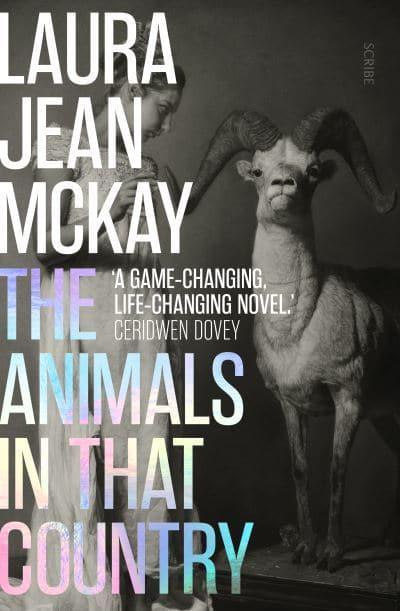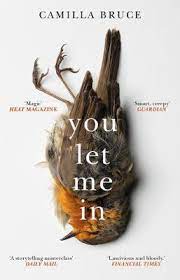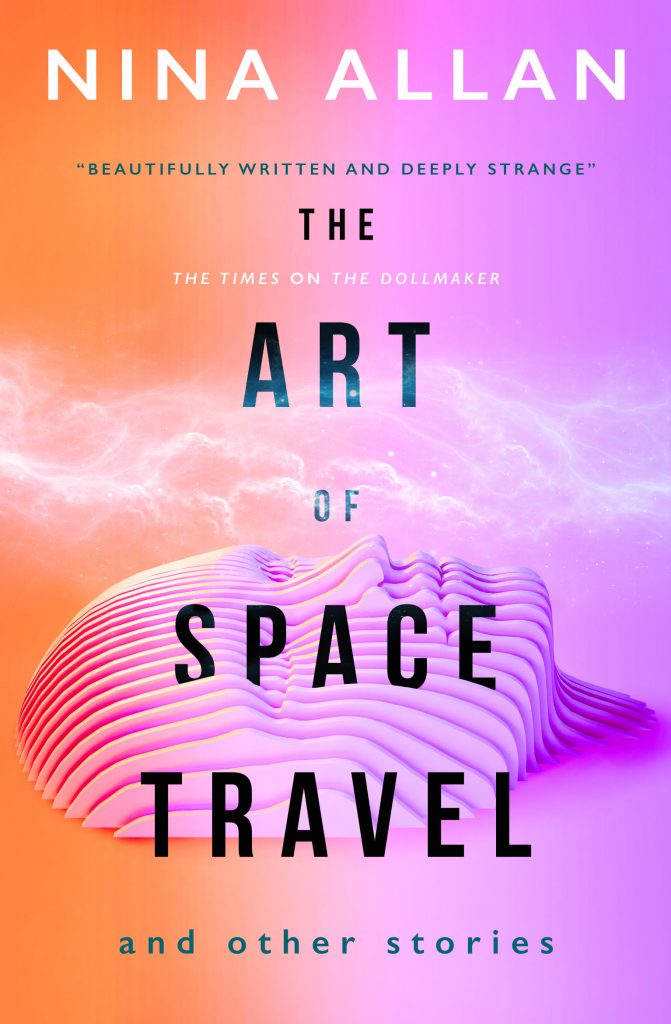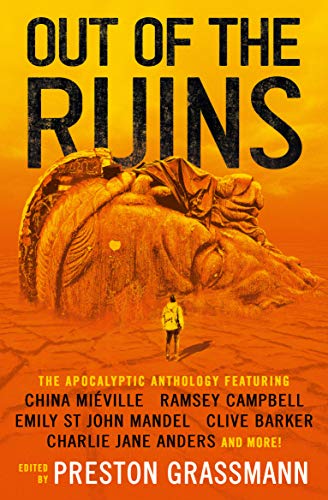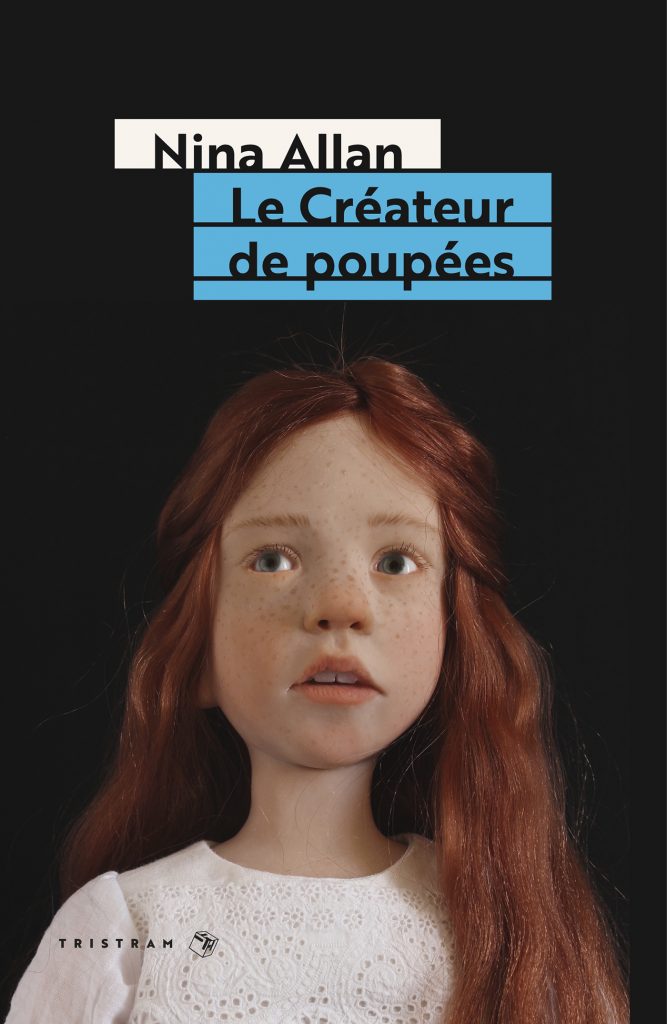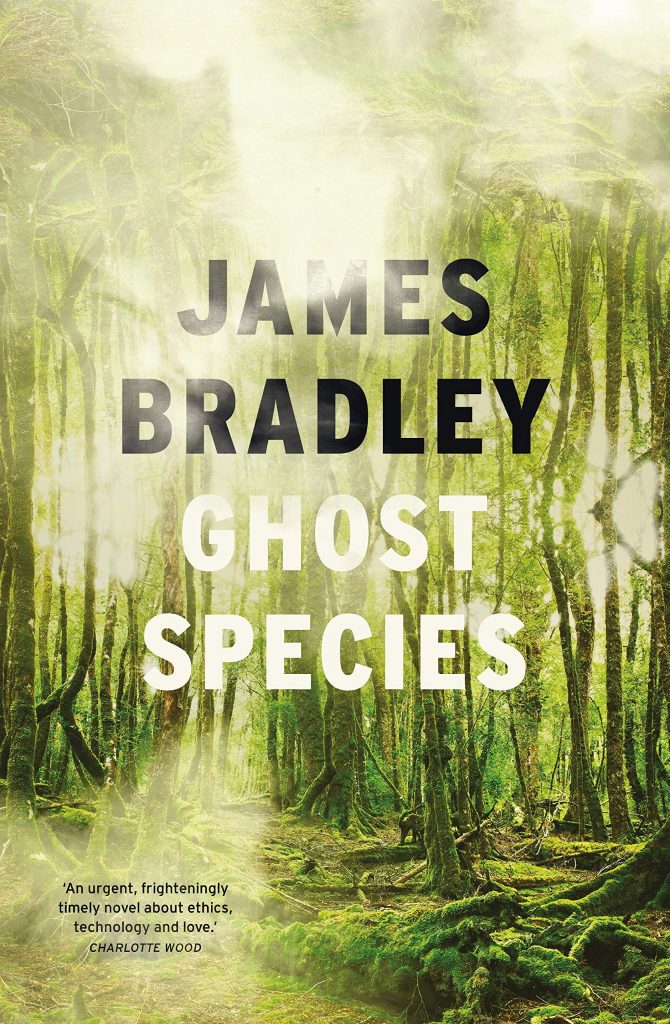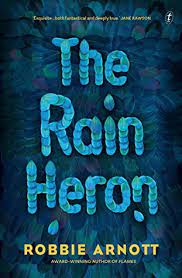“People keep claiming we’re trying to be the Booker, but they’re wrong. If there’s any prize we’re looking at right now, it’s probably the Turner. I wanted to counter a perceived wisdom about how the Clarke Award harboured a not-so-secret ambition to defy the gravity of its own genre and head out for loftier, more literary stars.”
These are the words of Tom Hunter, the current director of the Arthur C. Clarke Award, in an essay he wrote recently for Parsec magazine on the subject of his first fifteen years in office. He jotted the words down on impulse, he says, as a handy comeback to the kind of question he might get asked at a science fiction convention. And yet, Hunter insists, the lines have stuck with him, ‘copied from notebook to notebook’, because they hold ‘an accidental grain of truth’ about how he views the Clarke, especially with regard to the open-ended brief it sets itself each year, to select the ‘best’ science fiction novel of the preceding twelve months.
“It’s that slippery definition of science fiction that reminds me of the equally heated debate that surrounds the art world,” Hunter continues, “with Frieze art fairs standing in for our own conventions, and the definitions of science fiction and contemporary art forever shifting in a way I would suggest the Booker Prize doesn’t.”
This is the perceived wisdom about the Booker Prize, that it’s a staid and immovable behemoth, churning out endorsement after endorsement for establishment-approved worthies, upholding the literary status quo forever and ever amen. But repeating an untried thesis does not make it true. By sheer coincidence, the beginning of Tom Hunter’s reign as Clarke Award director roughly coincides with the time when I first began taking notice of the award, not just in a casual way but as a framework for considering the state of science fiction more generally alongside other arbiters of literary quality such as the Booker. I remember fifteen years ago being thrilled at M. John Harrison’s Clarke win for Nova Swing, and looking back at the 2007 shortlist now, we see it comprises three books of genuine and lasting stature, together with a further three interesting choices from authors of note.
When we look at the Booker shortlist and especially the longlist from 2007, what we notice most of all is a shift towards progressiveness yes, but a continuing uncertainty about how, exactly, progressiveness might be defined. The Booker’s speed of evolution towards a genuinely inclusive mindset whilst developing a more adventurous attitude towards literature generally has been both fascinating and marvellous to witness. 2021 might actually see a science fiction novel winning the Booker for the first time – a pretty radical shift, given that the chair of the Booker judges Richard Cobb went so far as to veto JG Ballard from winning back in 1984.
But what of Hunter’s notional pairing of the Clarke Award with the Turner Prize? As a writer who was passionately interested in both contemporary art and experimental forms of literature, there is no doubt that Ballard would have been keen to affirm such a brave comparison – if only it were true. From its inception in 1984, just three years before the Clarke Award, the Turner has been one of the most progressive, contentious, radical, no-fucks-given arts prizes out there, certainly in the UK. The Turner is constantly pushing boundaries, questioning not only the nature of art but the nature of art criticism, promoting the value of art for society and campaigning for increased access and diversity at every level. Rather than shying away from controversy, the Turner has courted it, embracing its role as the enfant terrible, the award that actively encourages disagreement. It is only later – sometimes years later – that as a society we come to understand just how prescient, how far ahead of the curve an earlier shortlist selection actually was.
“It is unfortunate, of course, but science fiction has become indelibly identified with interplanetary travel, time machines, Star Trek and Star Wars, that sort of Buck Rogers/Flash Gordon school,” said JG Ballard in a 1988 interview with James Verniere for The Twilight Zone. “I have my lonely struggle trying to get a broader definition of science fiction, a definition that incorporates Gulliver’s Travels, Mary Shelley’s Frankenstein, Robert Louis Stevenson, on through H. G. Wells, on to that great genius William Burroughs, who uses huge elements of science fiction in his novels because it’s part of the air we breathe.”
To have a Clarke Award that bears legitimate comparison with the Turner Prize? That would be Ballard’s dream come true – and mine. As things stand, we have reached a point where for the second year running, the Clarke Award shortlist is fifty percent dead wood: books that should never have reached the shortlist either because they are badly written, derivative, insufficiently challenging or, in the case of two titles from last year’s shortlist, all three. As in 2020, the remaining three novels form a sadly curtailed line-up of the book that should win (The Animals in That Country), the book that could win (The Vanished Birds) and the book you could construct an argument in favour of but would make for a disappointingly trad-SF outcome if it did win (Vagabonds). Hardly enough to form a decent shortlist on their own.
The only valid comparison with the Turner Prize would be if the Turner judges unaccountably decided to shortlist a group of salon-approved genre painters rehashing popular bucolic scenes from the last decades of the nineteenth century. Only if they did, we could be sure they were being ironic. This year’s Clarke shortlist is anything but.
All this might be forgivable – understandable even – if the radical, ground-breaking work in science fiction were not being done, or remained the province of one or two pioneering souls like Ballard, fighting a losing battle against the forces of reaction. It would be understandable – forgivable even – if the Clarke Award submissions list did not include works of sufficient calibre to draw up a quality shortlist. That the work is both being done and being submitted for the consideration of the Clarke Award jury can only provoke the question of why the most interesting, certainly the best written science fiction novels of the year are being ignored in favour of derivative genre works that are inconsequential in the present, and certainly won’t be remembered fifteen years hence.
I am not going to comment on individual titles from recent Clarke shortlists. The authors of these works did not ask to be shortlisted, and do not deserve criticism or censure for celebrating their success. That their novels have been read and doubtless enjoyed by a large number of people is not the problem, indeed the quality of particular novels is not the point. What bothers me is the quality of critical discourse, not just on the part of the Clarke judges but within the larger confines of the science fiction community. If the overall quality of the shortlist is this poor, not just once but time and again, and there is no sustained wider discussion of that fact, this would suggest not only that the process of reasoning by which the shortlist is arrived at is substantially flawed, but also that the majority of readers primarily interested in science fiction are satisfied that journeyman works – back-slapping space operas, cute science fantasies and indifferently written post-apocalypse novels – are properly representative, the high point of achievement, the ‘best’ that science fiction has to offer.
Either that, or the very idea of engaged criticism, of substantive textual analysis as opposed to unexamined positive reinforcement has become so much an anathema within the science fiction community that the discourse around the literature has been irretrievably corroded. (On this point it is discouraging to note that for the first time in more than a decade there has been no long-form review of the Clarke Award shortlist at Strange Horizons.)
Of those works submitted for consideration for the Arthur C. Clarke Award in 2021, a generous handful is of outstanding quality, novels that demonstrate a rigorous engagement with a wide range of ideas and a level of literary ability that changes minds and attracts new readerships. Were a novel as original, urgent and brilliantly achieved as Martin MacInnes’s Gathering Evidence to lose out on a shortlist place in favour of a novel of equal originality and brilliance I’d have no complaints, but that is not what has happened. I have alas not yet had time to finish Rian Hughes’s monumental debut XX, but I have read enough of it to appreciate how deftly it riffs off much older scientific romances – The Black Cloud by Fred Hoyle is the book that springs most immediately to mind – in pursuit of a whole new way of imagining science fiction, a novel in which the printed word itself becomes a speculative, dangerously mutable commodity. Given what did make the final cut, how this ambitious, formally innovative colossus was knocked out of the running beggars belief.
But to reiterate, I do not want to harp on the virtues or deficiencies of individual books so much as point to a wider deficiency in the overall discourse. When I was writing about Laura Jean McKay’s The Animals in That Country last week I quoted from an interview she gave on the subject of what makes speculative fiction both relevant and attractive to her as a way of thinking about the world and about writing. “I thought my next novel was a gritty realist story,” she said. “But the problem is if you write gritty realism now (in the way we usually think of realism), you’re writing historical or at least nostalgia fiction; and anything that used to be speculative is now realist. So what I’m working on has become rather speculative. I keep using that term – it’s not my favourite, but it’s what we have to describe what I think of as sideways fiction.”
There will be more than a few writers of sideways fiction who have felt so blindsided by the pace of social and political change in the last decade and since 2016 especially that the idea of writing about ‘the future’ has come to seem not just redundant but escapist. Like any other form of creative expression, for science fiction to survive and remain relevant as literature it needs to evolve, and the truth is that many of the traditional ways of framing science fiction, of imagining the future have become outmoded, derivative, decadent, a kind of comfort food. You can alter the baseline demographic of a starship crew all you want, but it’s still a bloody starship crew, travelling FTL into a vision of the future that might as well be a fairy story. Twiddling with the edges of things does not make them radical, does not render them any less risible than the Buck Rogers/Flash Gordon school Ballard was fulminating about thirty years ago.
The real future is very much with us, and its demands are urgent and frightening. They need a literature, and a critical hinterland, that is capable of seriously engaging with the questions we face, both as individuals and as a society. When Ballard claimed science fiction as the true literature of the twentieth century, he would have known the requirement he felt for literature to reinvent itself would only become more pressing in the twenty-first. I do not think he would have been surprised to see a rapidly increasing awareness and acceptance of speculative ideas among mainstream critics, a demand and enthusiasm for speculative ideas among the reading public, because this is what is happening, right now. It is a discomfiting fact, but one we are increasingly having to accept, that much of the most challenging and innovative work in science fiction – the ‘best’, if you like – is being published outside the genre imprints. Would Ballard have been surprised by this? Given that he understood the innate tension between science fiction and the science fiction community better than most, I doubt it.
